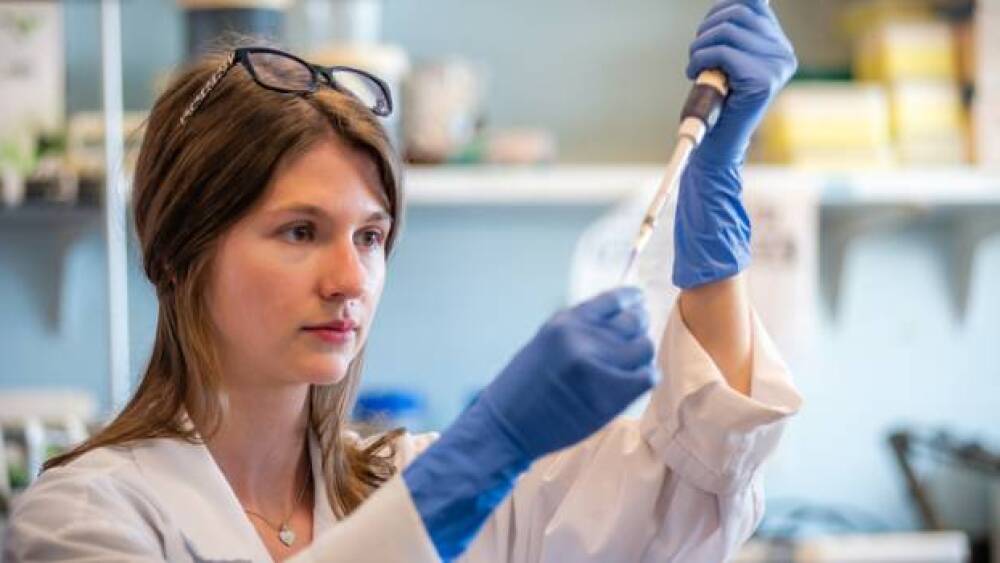Female scientists are now quantitatively not getting the credit they deserve, according to a new study published in the scientific journal Nature.
It’s official—female scientists are now quantitatively not getting the credit they deserve, according to a new study published in the scientific journal Nature.
The study involved a large dataset of 128,859 individuals employed on 9,778 research teams from 20 universities and 57 colleges and campuses. The individuals performed research between 2013 and 2016 that was linked to 39,426 subsequent articles and 7,675 patents. Researchers then reached out to these individuals with a survey, and some of the participants were later interviewed over Zoom to collect more qualitative data.
“Women are significantly less likely to be named on any given article or patent produced by their team relative to their peers. The gender gap in attribution is found across almost all scientific fields and career stages,” the authors said.
When women aren’t given credit, especially in publications, it can have a negative ripple effect throughout their career, leading to women being in more junior positions compared to men and earning lower salaries. In the study, the authors quoted one of their interviewees who discussed how sexism affects the careers of women.
“Authorship is pivotal for career advancement, yet when trainees are excluded from authorship due to senior author decisions, there is no appeal or challenge process….Most of my fellow academics (especially women, and most especially women of color) have been harmed by faculty who decide to award authorship to other lab members who did not do the work,” the woman, who spoke on the condition of anonymity said.
This finding is consistent with BioSpace’s 2020 U.S. Life Sciences Salary Report and U.S. Life Sciences 2020 Diversity & Inclusion Report, which found that men out-earn women by 19.3%. This climbs to 47.6% when looking specifically at health care. Also, only 14% of women felt that opportunities for promotion were fair compared to 23% of their male counterparts.
Even when women are included as researchers on the paper and given credit, they still do a disproportionately high amount of work. The study found that women were more likely to do more data curation, write the original draft of a paper and perform more of the editing and reviewing than men.
What is the reason behind women being denied credit for their research? According to this publication, 15 percent of female survey respondents cited discrimination or bias as the cause for their authorship exclusion, compared with about 7.7 percent of men. Roughly 17.5 percent of excluded women cited “differences in responsibilities” - as a result of personal/non-research reasons or leaving the lab - for the reason they were left off the author list, compared with about 12.6 percent of men.
The co-authors of the study also offered suggestions on how to improve the situation. One way to increase equality and make sure credit is given accurately is standardization. Government entities that fund scientific research can standardize requirements for acknowledging contributors - for example, supplementing or replacing authorship bylines with contribution statements or explanations of what each person contributed to the research.
“Some of the well-documented “productivity” gap may not be a gap in the contribution of women to science at all, but rather a gap in how much their contributions are recognized,” the authors said. “The associated qualitative work suggests that the standards determining scientific attribution are not well-known or understood by all parties and are frequently disregarded: the result appears to be that women are systematically disadvantaged.”





